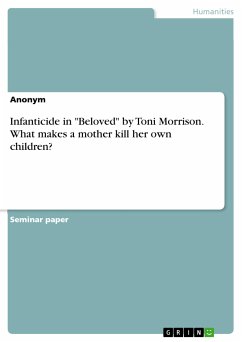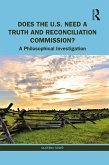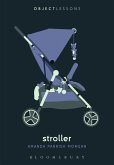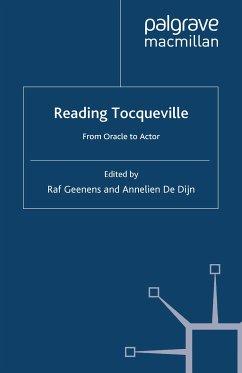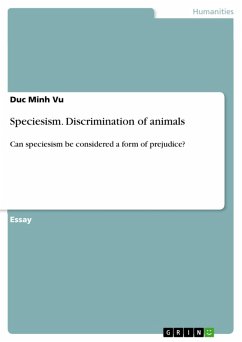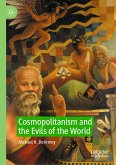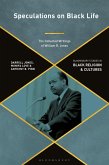Seminar paper from the year 2020 in the subject Philosophy - Miscellaneous, University of Tubingen, language: English, abstract: This paper will explore what Sethe's reasons at the time were that she saw no other option than to kill her own children. This question is best answered by first looking at the relationship of the women who live in the house with the number 124. Since the novel is set in 1873, it is incredibly important to deal with the impact that slavery has especially on the female characters. I will then elaborate on the specific reasons that made Sethe kill her children, underpinned by a close analysis of the moment when her owner finds them and Sethe kills Beloved. Was it love, a form of self-protection or was it even an attempt to take possession and exercise power in the context of slavery? In the end I will then summarise the main points why Sethe saw no other choice than to kill her own children. Killing her own child is probably the most horrible act a loving mother can imagine. But this is exactly what Sethe, the main character of "Beloved", written by Toni Morrison in 1987, does. Sethe is a former slave who experiences and survives various acts of physical and psychological violence, all with the hope of being reunited with her children. She eventually manages to escape, while being pregnant with her fourth child, but when her former owner finds her at the home of her mother-in-law, she sees no choice but to kill her children. Sethe carries this trauma silently with her for years, declared an outcast by the community and aware that the ghost of the one girl she really killed, lives with them under the same roof. One day a young woman appears who bears the name of this dead daughter, Beloved. Morrison never really makes clear who this young girl is but and it is implied that this Beloved is the reincarnation of the daughter Sethe killed. Gradually, the two develop a dangerous obsession with each other, rooted in the horrific act, which can only be ended by an exorcism. It is often debated if Sethe's decision was correct, but the aim of this essay is not to examine whether she had the right to do it or not, as the characters in the novel already do that by showing different reactions to Sethe's infanticide. It is also not up to the reader to judge a former slave, as the novel sends a far more important message: not to forget the terrible things slavery did to people. This paper will explore what Sethe's reasons at the time were that she saw no other option than to kill her own children.
Dieser Download kann aus rechtlichen Gründen nur mit Rechnungsadresse in A, B, BG, CY, CZ, D, DK, EW, E, FIN, F, GR, HR, H, IRL, I, LT, L, LR, M, NL, PL, P, R, S, SLO, SK ausgeliefert werden.

